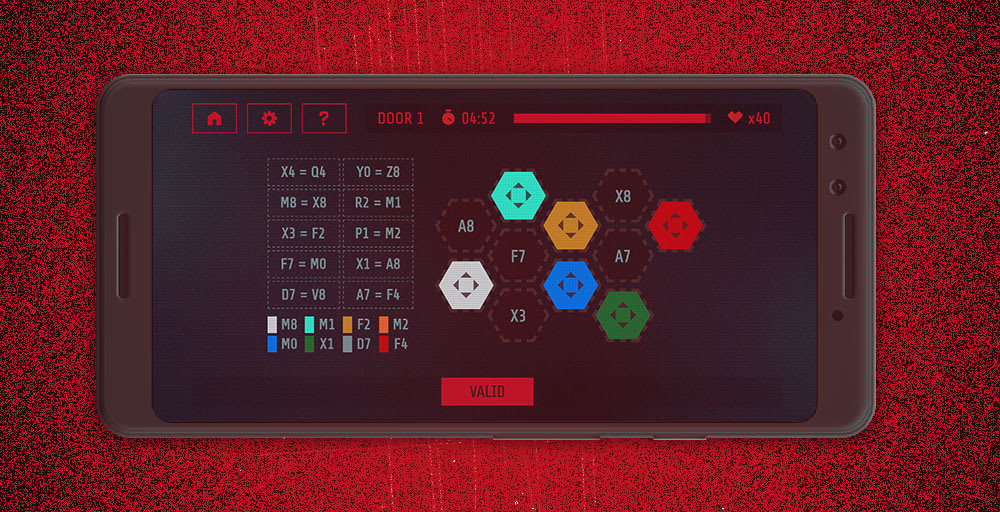
Nuxt.js puzzle game development - WIP#4
This post is part of a full walkthrough of building an android app using Nuxt + Cordova
Note: this game have been published on Google Play Store in 2019, but retrieved in 2024, given the fact I didn't maintain it through evolving Android versions. You could still access the showcase page.
The end of the year is here and the puzzle game development is still ongoing. I worked for about 7 month now on the game. I guess the completion is around 75%.
Follow-up
All the game content has been created, except a few video transitions missing.
Now the focus is on developing the connections between user datas and database. I set a new Firebase project for this, with a Firestore database, which is the new Firebase standard (instead of real-time database). Still easy to implement with the Firebase CLI and the clear documentation regarding the setup process.
Getting data back and forth is a piece of cake!
Performance concerns
As discussed previously (WIP#1 WIP#2, WIP#3), the app is a VueJS + Nuxt based, packed as a webview with Cordova.
One of the biggest drawback of having chosen this stack is about the bad performance: it feels a bit laggy whatever optimisation I can do.
At the beginning I thought the Cordova setup was involved in this, but I realized this isn’t related because I tried to partially migrate the project on the Quasar Framework.
VueJS Quasar Framework
Quasar is a VueJS framework that can acts both like a UI toolkit and development framework like Nuxt. It encompasses hooks that ease the deployment on targeted platforms, among those are Apache Cordova, so nearly no setup needed, all deployments run with a simple command line. Everything is well documented.
My experience with Quasar is too short to make an in-depth review but I appreciated the way it’s organized (tree structure, helpers, pre-built components..). I'll certainly go back to it for a future project. But having migrated the first puzzle, I realized the performance issue remains the same. So, I decided to keep up with Nuxt.
Tools to improve performance
I read a lot about what I could change to increase FPS as the game get laggy as time goes by.





